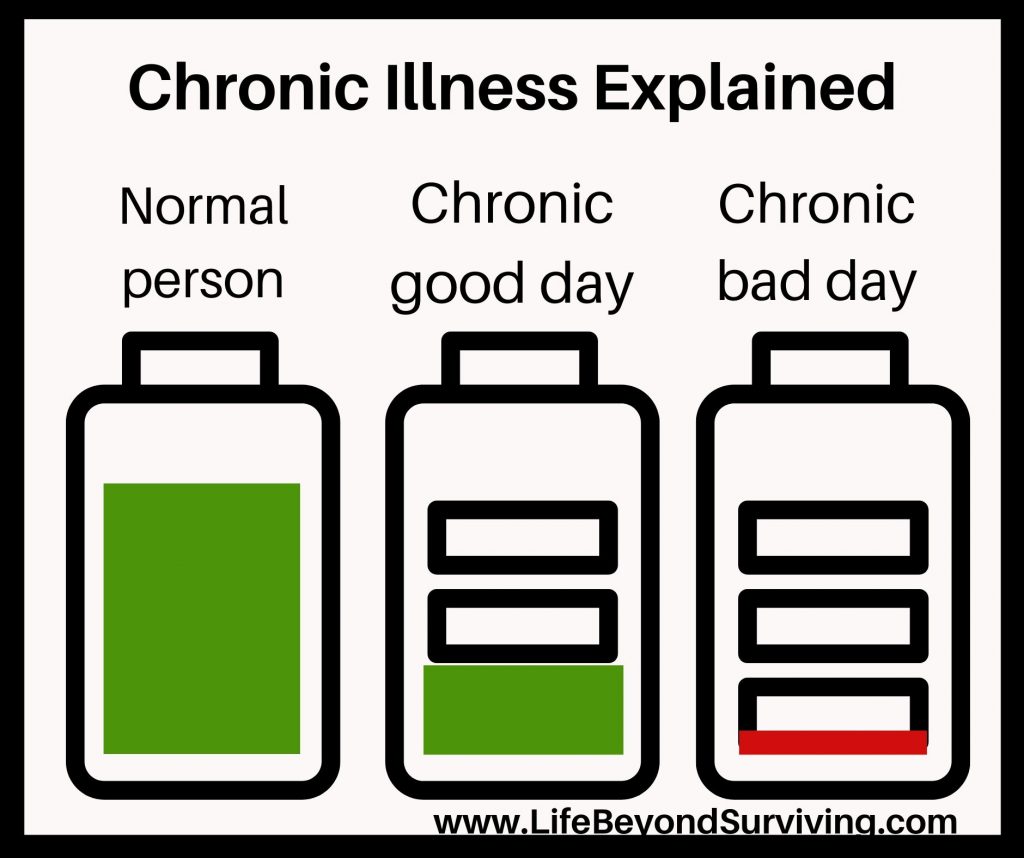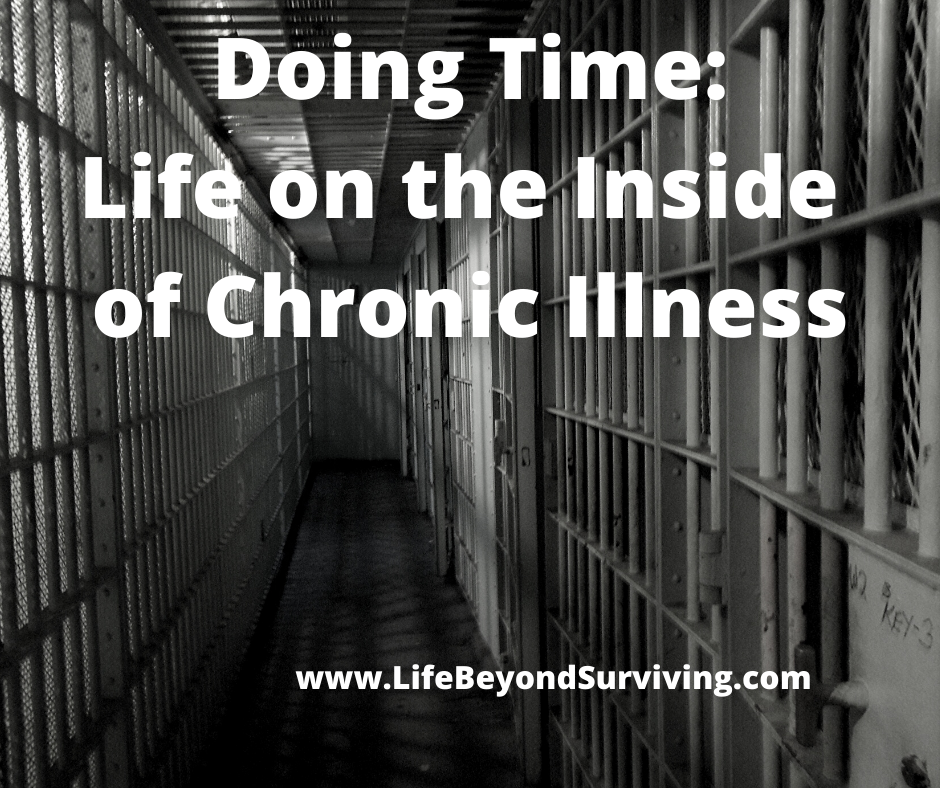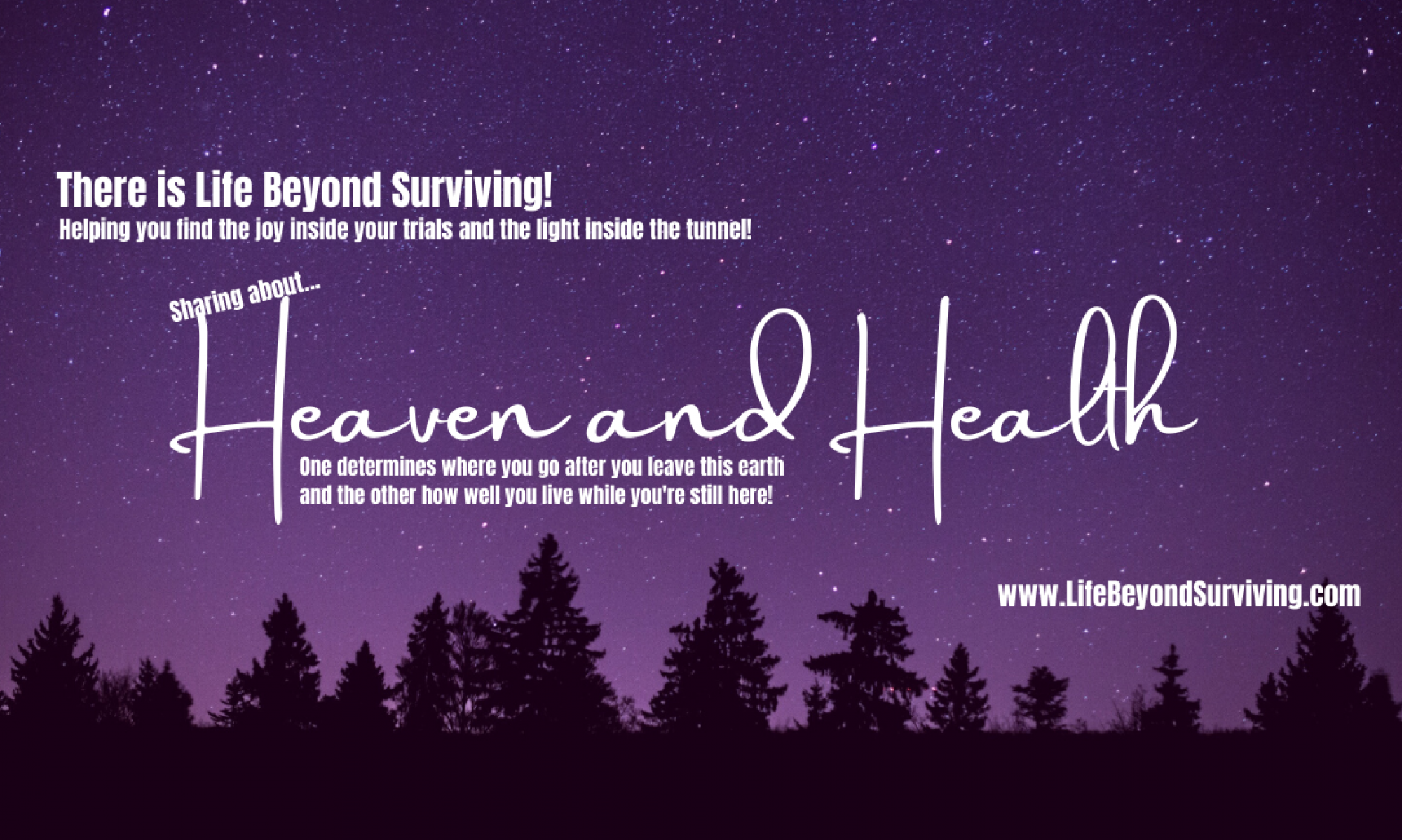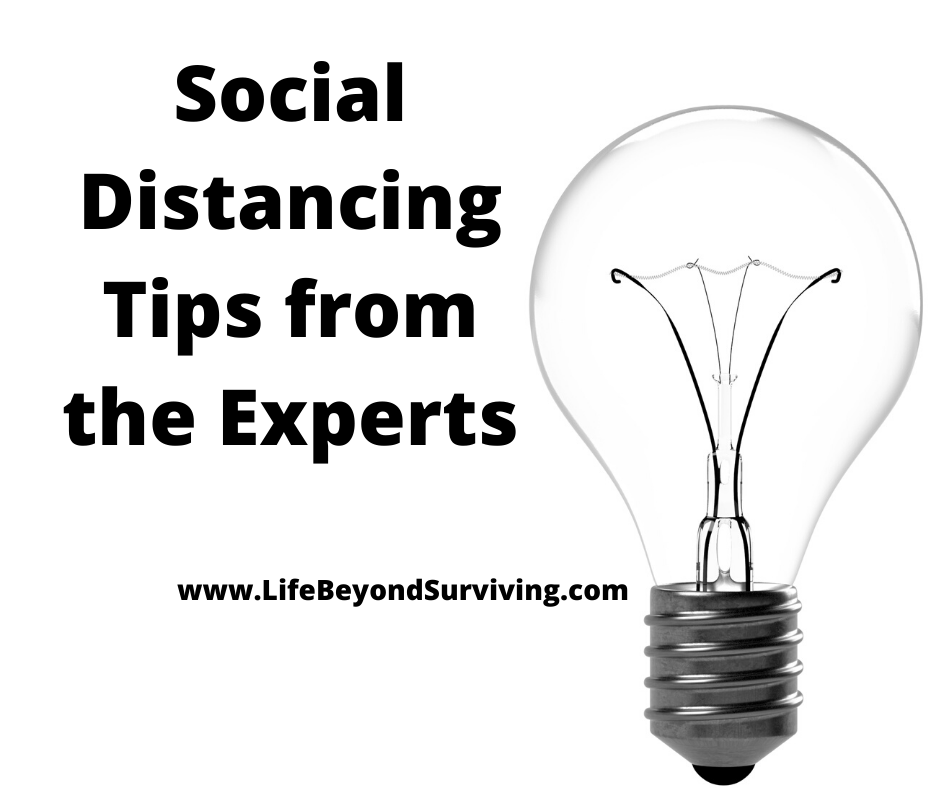No series on COVID19 and Chronic Illness would be complete without pointing out the differences between what most will experience as social distancing and what we, who struggle with chronic conditions, deal with.

You’re not sick:
Many of you who are dealing with limiting your social interactions and confining yourselves to your homes don’t also have to deal with having chronic pain or fatigue or a host of other issues that go along with our everyday life dealing with illness. You’re free to spend your time cleaning, reorganizing, cooking, exercising, or a myriad of other activities that we find exhausting.
Many of us find that we are doing even more activity as our children are home from school and our spouses are home full time. This means more laundry, more cooking, more dishes, more cleaning, and thus, more pain and more fatigue than we usually deal with.
You’re not sentenced to life:
Your incarceration is short term. However long you think endless social distancing means, it’s likely much shorter than we who have been on the inside already. In the past few yrs, I’ve been home alone most of the time until my husband came home from work (which was often pretty late) or my son had been home on spring or summer break (which he had to spend some amount of time attending to his own life) or when we went to church or out to dinner on the weekend.
Most of us with chronic issues have spent months or years at a time alone or without the ability to leave our homes. As so many on social media had been pointing out Anne Frank and her family’s isolation, we who have chronic illness, have experienced this to a great degree first hand.
Others will understand:
As you face time sequestered in your homes, many others who have to do the same understand what that means for you. You have friends and family who “get it.” We don’t. Most of our friends and family have no idea what it means to be alone in our homes for years. Or what it means to be fatigued or in pain on a chronic level. You can commiserate with others. We don’t usually have that luxury unless we come together with other fellow chronic illness sufferers online.
You’ll get back to normal one day:
One day soon, Coronavirus will be handled and life will go on about as it has been prior for most people. However, the very nature of chronic illness is the chronic part. It means there is no cure at present. There is no parole for good behavior. Our sentence will not be commuted and we will likely only get worse with age.
A small percentage of people with one chronic issue will only have one chronic issue in their lives, but most of us have been collecting diagnoses like some collect stamps. I, myself, have several chronic illnesses and conditions to contend with.

You may have economic difficulties that last well beyond the time when we will no longer be confined to our homes, but there will be those that understand and will make allowances. There already have been. Many companies are not requiring payments for a while. Some landlords have told businesses to pay their employees before the rent. Most universities are being lenient with grading. Most employers will understand and not hold it against you if you were unemployed for a while. The government is sending out checks for relief.
Most employers and most people don’t understand what it means to have been isolated for years due to chronic illness. Most of us with chronic illness have a large debt due to medical bills. That’s not something widely understood.
You’ll get back to normal one day. We will still be here.


